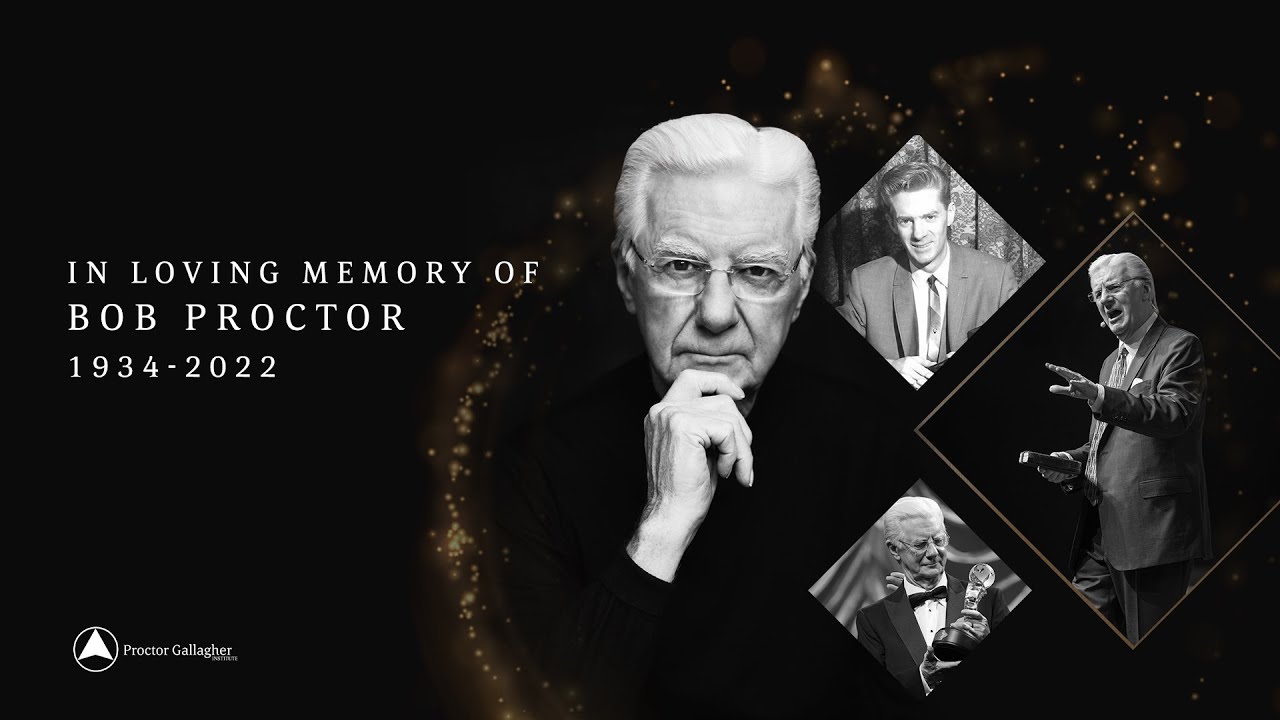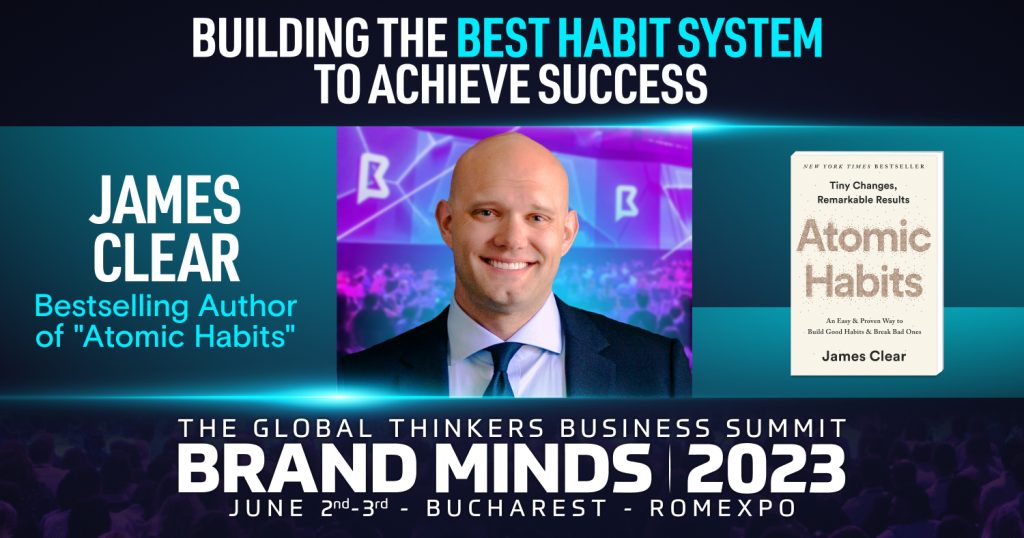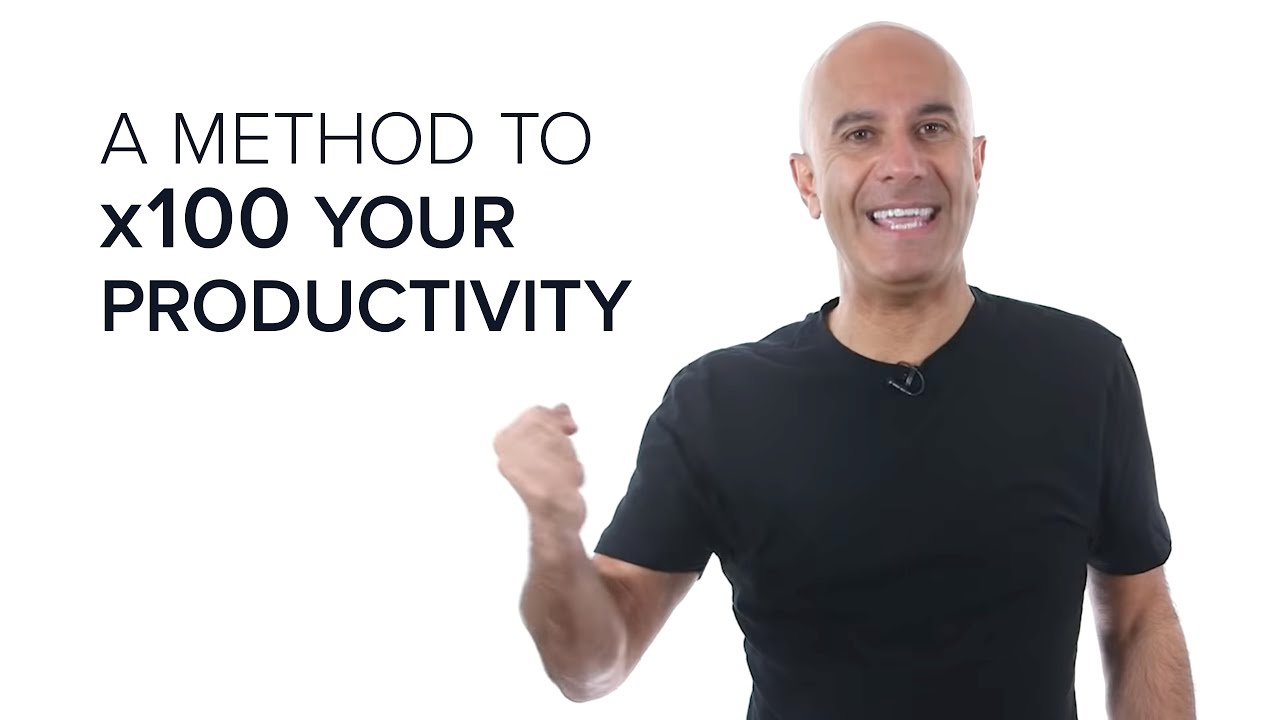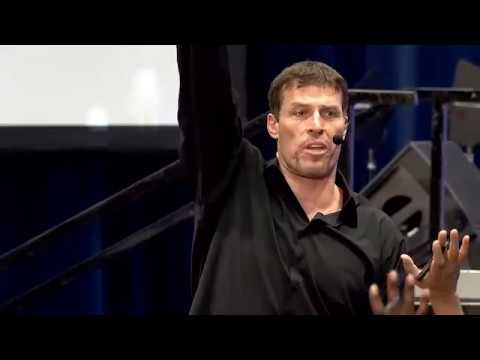Bob Proctor: 6 powerful lessons to improve your life
Bob Proctor, one of the most legendary figures in personal development has died aged 88.
He was a coach, mentor, successful speaker and the author of the New York Times bestseller You were born rich.
As a young man, in the 1960s, Bob had low self-confidence and little ambition. His prospects of success were clouded. Until one day when Napoleon Hill’s Think and grow rich fell into his lap. It was the first book he had ever read and it changed his life forever. He began applying the book’s teachings and soon enough, he was earning more money and was being successful.
In 1984, he wrote You were born rich. The book is a step-by-step guide to unlocking the limitless potential that lies within each one of us. Although Bob Proctor went on to write more books, this one is his masterpiece.
Bob Proctor was featured in The Secret (2006), a movie consisting of a series of interviews. The movie has attracted a lot of media attention worldwide and interest from public figures such as Oprah, Ellen DeGeneres and Larry King.
He later co-founded The Proctor Gallagher Institute, a business coaching and consulting, providing professional training, speaking and coaching.
As a way of paying our respects to Bob Proctor, let’s revisit some of his essential insights and ideas that have positively influenced millions of lives worldwide.
Bob Proctor: 6 powerful insights to improve your life
1. We become what we think about
The mind is the most powerful resource we humans have. You may believe your mind’s main job is to work in our favour. Although this is mostly true, that’s not always the case because sometimes the mind works against us.
The athlete who’s been training hard all year can still be crippled by fear of failure before the competition. Their mind begins unravelling negative thoughts and the athlete’s confidence is crumbling. It takes the athlete a conscious effort to clear the mind of negative thoughts.
2. Don’t let the outside world control your inside world
The outside world has a great influence on our inner world, our thoughts and our emotions.
When we’re children, the biggest figures in our lives are our parents and grandparents. As teenagers, we long to belong to a certain circle of friends and we seek the approval of our peers. As grown-ups, we choose our friends, our life partners and set healthy boundaries with our parents.
Depending on the emotional profile, this can prove challenging for some of us. If you don’t know how to limit how much the outside world can influence and control your inside world, you can reach out to professionals and learn how.
Free yourself from the influence of others, and learn how to express your emotions healthily.
As Gabor Maté writes in his bestseller When the body says no, repressing emotions over a long time turns into emotional stress which is directly linked to disease and illness.
Decide who you are and what you want to achieve and don’t let others change your mind.
3. Pay attention to what you want to do
What is it you want to do or achieve in life? Once you have figured out what you want to do, focus your attention on that.
Make a plan of how you are going to get there, write it down on a sheet of paper and decide on the resources you need to realize the plan.
You will find that people around you are quick to express their opinion about your goals. Some might root for you while others might try to mock you. Don’t listen to them! Keep your eyes on the prize and build your way to it.
4. Don’t let criticism knock you down
Criticism is about focusing only on the problem and highlighting the negative aspects. Criticism is difficult to handle and the person at the receiving end may feel disheartened and their self-confidence shattered.
People that criticize often mean well but they are not aware that if they want to help, they should provide feedback, not criticism. Feedback weighs in on both the negative and positive and also provides improvement solutions.
When faced with criticism, the best way to handle it, according to Bob Proctor is to react calmly and say thank you, I don’t choose to do that. If you don’t react calmly it’s mainly because your self-esteem needs improvement.
That’s where your journey should start: build a solid foundation for yourself, where your self-esteem helps you stay on track.
5. Be confident in yourself
Before other people believe in you, you have to believe in yourself. Know your talents and develop your skills.
Once you know your strengths, you can feel confident about how much you can achieve and the field in which your expertise lies. Love yourself and have a healthy conscience about who you are. The first person you need to befriend is yourself.
6. Dwelling in the past makes you miserable
Living in the past is damaging to your future and makes it harder for you to enjoy the present. It’s normal to feel nostalgic about the good old days.
But when you find yourself sharing old stories with your friends every time you meet over drinks, that’s a sign you should stop and think about it for a minute.
Observe your discourse: are you frequently using should and shouldn’t statements? I should have been a successful lawyer, I should have had kids by now, I should make more money.
Should statements are tools for self-punishment and can lead to increased panic, anxiety and even depression. To curb this abusive behaviour, practise awareness – it’s healthier and helps you break the emotional barrier of should statements.
You may be thinking about your past in terms of making mistakes. Only they are not mistakes, they are decisions. At that particular time, the reasons behind your decisions were correct.
It’s what you decided based on the information you had at that moment. Once you realise this, you will feel empowered and you will finally be able to let go of the past.
Header photo: Bob Proctor, image credit & source: Facebook OfficialBobProctor
Looking to become the best that you can be?
Subscribe to our newsletter for relevant insights on personal growth!
Top 5 of the most influential speakers on personal development

Entrepreneurship and personal development go hand in hand.
You need to keep developing your skills and acquire new ones if you want to stay ahead of the game and reach your full potential.
Here is our list of 5 most influential speakers on personal development that we, at Brand Minds love and follow.
Robin Sharma, Living a world-class life
Robin Sharma is one of the top leadership experts in the world and the author of the best-selling book The monk who sold his Ferrari.
His work is embraced by rock stars, royalty, billionaires and many celebrity CEOs. His clients such as Starbucks, Nike, GE, The Coca-Cola Company, NASA and Microsoft are using his leadership methods to drive real growth and top performance.
We are delighted this year Robin came to Bucharest to speak at Brand Minds 2018. We have known Robin through his videos and speeches: he speaks with calm passion, drawing from personal experience and observing other high performers. Robin recommends strategies and tactics for everyone to live a world-class life.
Is your work or personal life suffering from the digital distractions of modern life?
If your answer is Yes, listen to Robin speak about a few ways to stop procrastinating and increase your daily productivity:
A Method To x100 Your Productivity
Tony Robbins, Unleash the power within
Tony Robbins is a life and performance coach and a speaker well-known for his live event, Unleash the power within. He has created a 3-part system for everyone to achieve their ultimate goals and experience the fulfilment they desire.
Tony says you are already on the right path if you know the answers to the following questions:
What do you really want?
What’s preventing you from having it?
How do you change your life now?
Tony is a high-energy level, larger than life character. He likes walking among the people attending his live events, interacting with them and talking in a booming voice about what keeps us from achieving happiness.
Listen to Tony talking about how emotions influence purchasing decisions.
Brene Brown, Research professor and Storyteller
Brene Brown is a research professor at the University of Houston. She has spent the past two decades studying courage, vulnerability, shame and empathy. She is the author of four books: The Gifts of Imperfection, Daring Greatly, Rising Strong, and Braving the Wilderness. Her new book, Dare to Lead: Bold Work. Tough Conversations. Whole Hearts., is scheduled for publication in October 2018.
Brene’s reputation as a speaker is built on her ability to explore difficult topics with tremendous honesty, warmth and humour. She is a thought-leader and storyteller with the rare ability to both inspire audiences and leave them with actionable change strategies.
Her most popular TED speech, The power of vulnerability has exceeded 7 million views.
We are delighted Brene will be speaking at our conference next year, Brand Minds 2019.
Listen to Brene talk about vulnerability and leadership.
Gary Vaynerchuk, #AskGaryVeeShow and #DailyVee
Gary Vaynerchuk is a serial entrepreneur and co-Founder & CEO of VaynerMedia and one of the world’s leading marketing experts. With more than 3.5 million fans on social media, Gary shares his ongoing journey as an entrepreneur in his daily vlog, #DailyVee. He also hosts The #AskGaryVee Show, on which he answers questions about digital media, entrepreneurship, leadership and more, based on a lifetime of building successful, multi-million dollar companies.
Gary is coaching without being a coach. He motivates people by speaking from his heart. It’s easy to connect to his tell it as it is, raw and in your face style because it is his way of communicating himself and with others.
Listen to him talking about the biggest poison in us.
Simon Sinek – Start with WHY
Simon Sinek is a motivational speaker, marketing consultant and the author of the best-selling book Start With Why: How great leaders inspire everyone to take action.
Simon explores how leaders can inspire cooperation, trust and change. Simon has an inquisitive mind and is a good observer. He speaks in a warm and calm voice, he conveys his perspective on leadership in a relaxed manner.
Listen to Simon talking about the reason why leaders eat last.
Which of the above-mentioned speakers do you like and follow?



